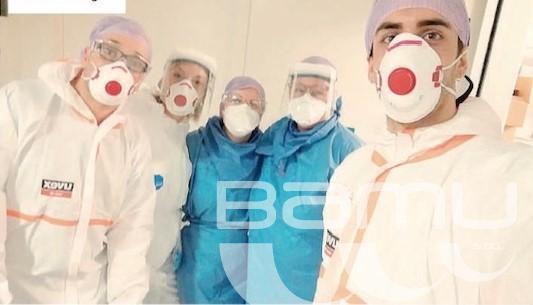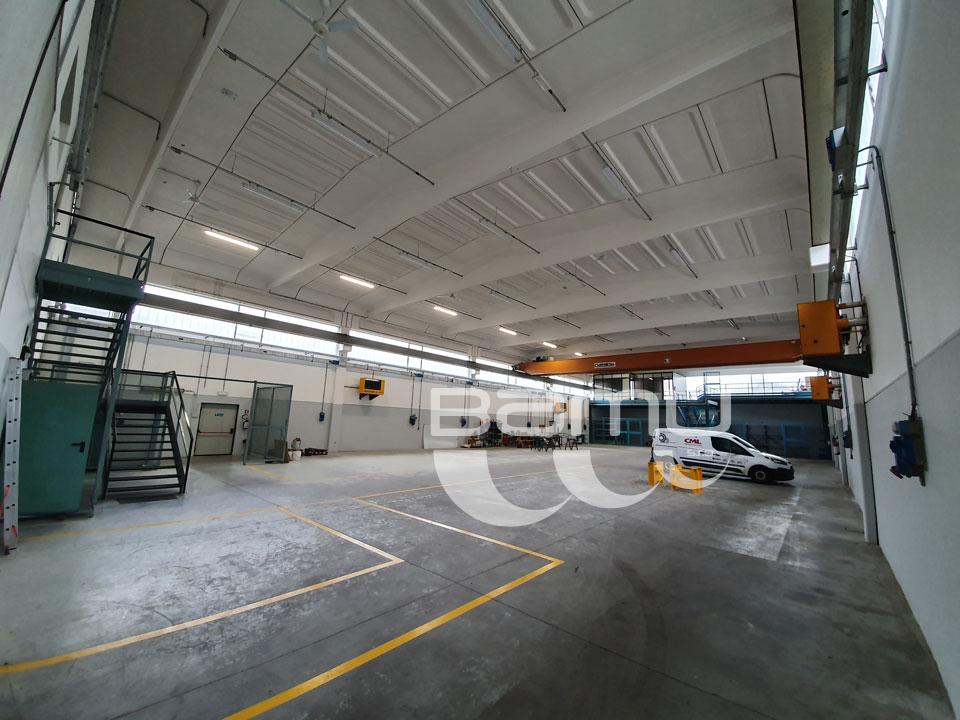Bamu has chosen to certify its production process to ensure production quality and technological innovation.
Anyone interested in downloading BAMU certifications can contact us by clicking here.
BAMU CERTIFICATIONS
UNI EN ISO 9001 CERTIFICATION
UNI EN 1090-1 + A1 CERTIFICATION
UNI EN ISO 3834-2 CERTIFICATION
UNI EN 15085-2 CERTIFICATION
UNI EN ISO 14001 CERTIFICATION
QUALITY FOR BAMU
The BAMU quality policy
The company aims at ensuring prosperity and well-being in the short, medium and long term.
The company believes that an essential condition for the achievement of such purpose is to obtain a significant position in the market on which it operates. This aim is pursued mainly through the satisfaction of contractual requirements.
Achieving objectives
To achieve this position, the following factors are paramount:
- the obtaining of economic results which, besides providing an adequate return on investments, permit planning the investments needed to develop processes and products;
- the interpretation of market demands and developments and the consequent definition of product and service strategies;
- the constant updating of the process technologies used;
- the continuous evaluation and making use of the availability of external resources able to help improve production processes;
- the education and involvement of staff in such a way that professionalism is adequate for the level of activities performed with the addition of concrete commitment by operators.
The management of each of the individual factors mentioned above and their mutual integration must be conducted through the meticulous planning and close monitoring of company processes.
Company obligations
In view of the above, it is most important for the company:
- to define, by means of a quality management system, all the planned and systematic activities necessary to ensure the monitoring and improvement of those business parameters which affect both products and processes;
- to endeavour to ensure the requirements of such system are constantly fulfilled and that improvement processes are planned and maintained.
The improvement processes must derive from the commitment undertaken by the company towards planning, with a set frequency, programs defining:
- specific objectives;
- times and responsibilities for their achievement;
- objective criteria whereby to evaluate the results obtained.
The Management undertakes
- to establish with the Customer lines of communication able to allow the definition of its needs and whatever is able to satisfy it;
- to document company organization in such a way that responsibilities, authority and mutual relations between the business sectors are clearly indicated;
- to ask all company managers to identify and adequately meet the needs of both instrumental and professional resources;
- to provide the company with a Quality management System consistent with the UNI EN ISO 9001: 2008 standard, assigning to that end to members of the corporate management the responsibility of establishing, implementing and maintaining such system and providing the management with reports on how it is working;
- to review the Quality management System at predetermined intervals in order to verify its adequacy in meeting the requirements of the reference standard, in pursuing this policy and in achieving the set goals;
- to communicate this policy within the organization and to ensure it is fully understood in such context;
- to review this policy, at pre-set time intervals, in order to assess its effectiveness in the conduction of the Company.













